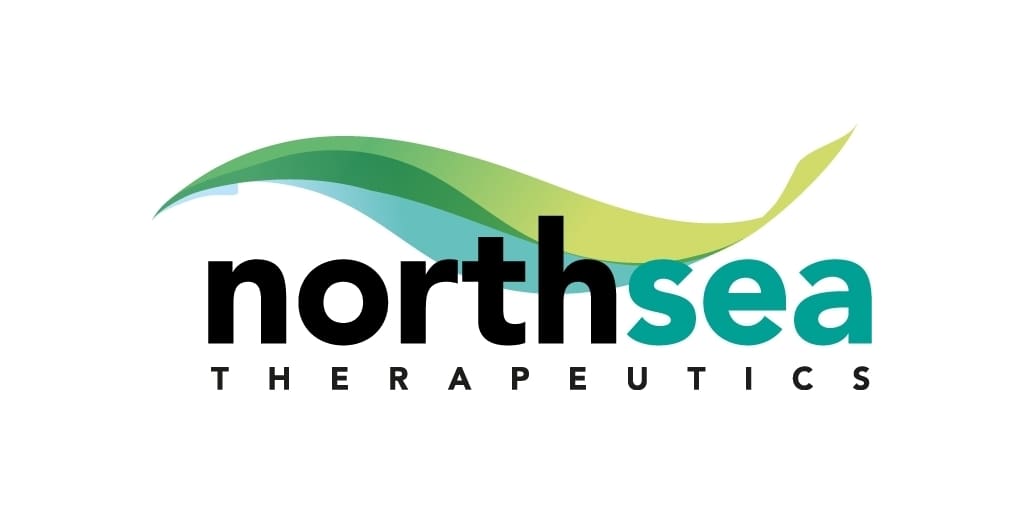
Following in Amarin’s footsteps, Dutch biotech Northsea Therapeutics has successfully raised $40m (€36m) for the development of a fish oil-derived pill for non-alcoholic steatohepatitis (NASH).
The funds raised from the successful completion of the Series B financing round, lead by US investors venBio Partners, will be used to complete the phase 2b ICONA study of Northsea’s lead candidate icosabutate.
Northsea will also use the money raised to develop two other omega 3 candidats for use in dyslipidaemia and parenteral nutrition associated liver disease.
The lead candidate, Icosabutate, is a structurally designed fatty acid, which regulates pathways involved in hepatic lipids, inflammation and fibrosis.
The ICONA study is a randomised, 264-patient programme, testing icosabutate at two doses among the patient population – 300mg and 600 mg – with a treatment period of 52 weeks. Its primary endpoint is the resolution of NASH without worsening of fibrosis.
NASH has continued to be a prime target for the pharma industry, but no company has been able to successfully bring a treatment to market so far. The disease causes fatty build-up and fibrosis in the liver and in serious cases leads to cirrhosis and the need for a liver transplant.
The market for NASH is lucrative, with millions of patients on the NASH spectrum worldwide and no approved treatments. Some estimates have put its market potential at a surplus of $20bn.
The need for new therapies for the disease is not for lack of trying on the pharma industry’s part. Companies big and small have targeted their efforts on bringing candidates for NASH through the pipeline, to no avail.
This includes – perhaps most notably – Gilead, whose lead candidate selonsertib failed to meet its primary endpoint in a crucial phase 3 NASH study.
During the STELLAR-3 trial, the apoptosis signal-regulating kinase 1 (ASK1) inhibitor failed to meet its primary endpoint, which was to improve fibrosis without worsening of NASH in those with bridging fibrosis (F3).
Gilead has other assets in the pipeline for NASH however, gained from a number of acquisitions over the last few years, including Arresto, Pfenex and Nimbus Apollo.
Other failures include CymaBay Therapeutics’ phase 2b study of its candidate seladelpar, with the company’s shares falling 75% after assessments of the first group of liver biopsies revealed atypical findings.
French pharma Genfit also has a candidate being studied in NASH in a phase 3 trial, with interim results due in the next few months.
The outlook for Northsea looks positive given Amarin’s success with its own fish oil-derived drug Vascepa (icosapent ethyl). The pill was recently approved by the FDA to reduce the risk of cardiovascular events in high-risk patients.
Vascepa is the first FDA-approved drug to reduce cardiovasular risk among patients with elevated triglyceride levels as an add-on to maximally tolerated statin therapy.
This blockbuster indication has Amarin “aggressively launching” Vascepa in the US, after the company estimated expected 2020 revenues of $650m to $700m.
Northsea has an interim analysis of secondary endpoints from the first 90 patients treated for 16 weeks on the ICONA study planned for mid 2020. The study is expected to completed by 2021.




